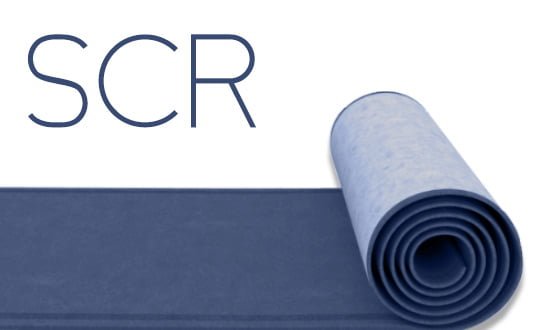More than 22m summary care records exist, but have only been viewed 240,000 times, sparking high-level calls to scrap the records programme.
More than 3000 GP practices are now uploading SCRs that can be accessed by clinicians working in urgent and emergency care.
The records contain a core set of essential information, including a patient’s demographic details, medications, allergies and adverse reactions.
While more than one third of England’s population now have a record available, urgent care staff have only viewed them 240,000 times.
Pulse quotes Dr Paul Cundy, who is joint chairman of the British Medical Association and Royal College if GPs’ joint IT committee, as saying the programme should be scrapped.
He said the low utilisation rate meant each viewing to date had effectively cost an estimated £1,200.
Dr Cundy added that access was an issue because only 98 of several thousand potential providers were viewing the records.
“The system is an absolute disgrace and the plug should be pulled out on it as soon as possible,” he said.
Dr Julian Spinks, Kent Local Medical Committee vice-chairman, said it would be a pity to see the SCR programme disappear because he could see its benefits in his area.
“Here in Medway we have been successful both in getting uploads done by practices and in getting access by out-of-hours and the local hospital pharmacy and have been working on access by other organisations,” he said.
“I suspect that the cost per access in the local area would be a lot less that the national picture which is influenced by the fact that upfront costs are high and access only follows when a majority of practices are uploading, making the workload and costs worthwhile for hospitals and OOH services wishing to implement access.”
However, Dr Spinks believed that SCR risked being overtaken by other plans to allow access to greater portions of the patient record, such as the through the Medical Interoperability Gateway. He said plans were to introduce the MIG to the Kent and Medway area sometime soon.
“If this is reproduced nationwide, SCR may wither on the vine even if it is not killed off,” he added.
A BMA statement said it believed the decision whether to proceed with SCR rested with individual practices.
“It is important that the government ensures that the NHS IT programme delivers value for money for the taxpayer, especially as the health service is operating in a difficult funding climate," the statement said.
A Department of Health spokesperson said numbers of SCR viewings were expected to increase significantly in the coming months.
“Summary Care Records are gaining increasing support from clinicians in urgent and emergency care because they offer quick access to key information about someone’s health – which means safer, quicker care for patients when they need it most,” he said.

